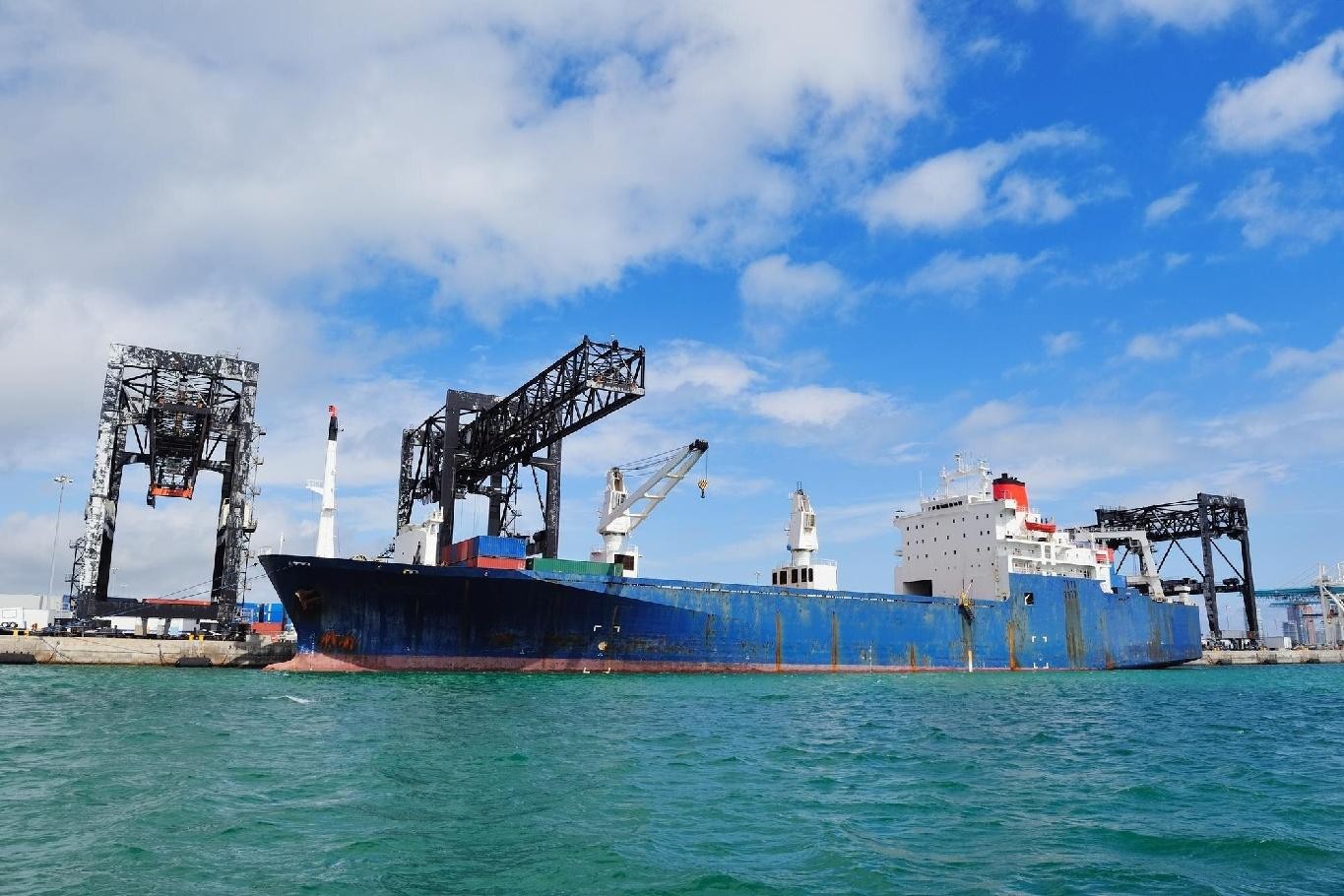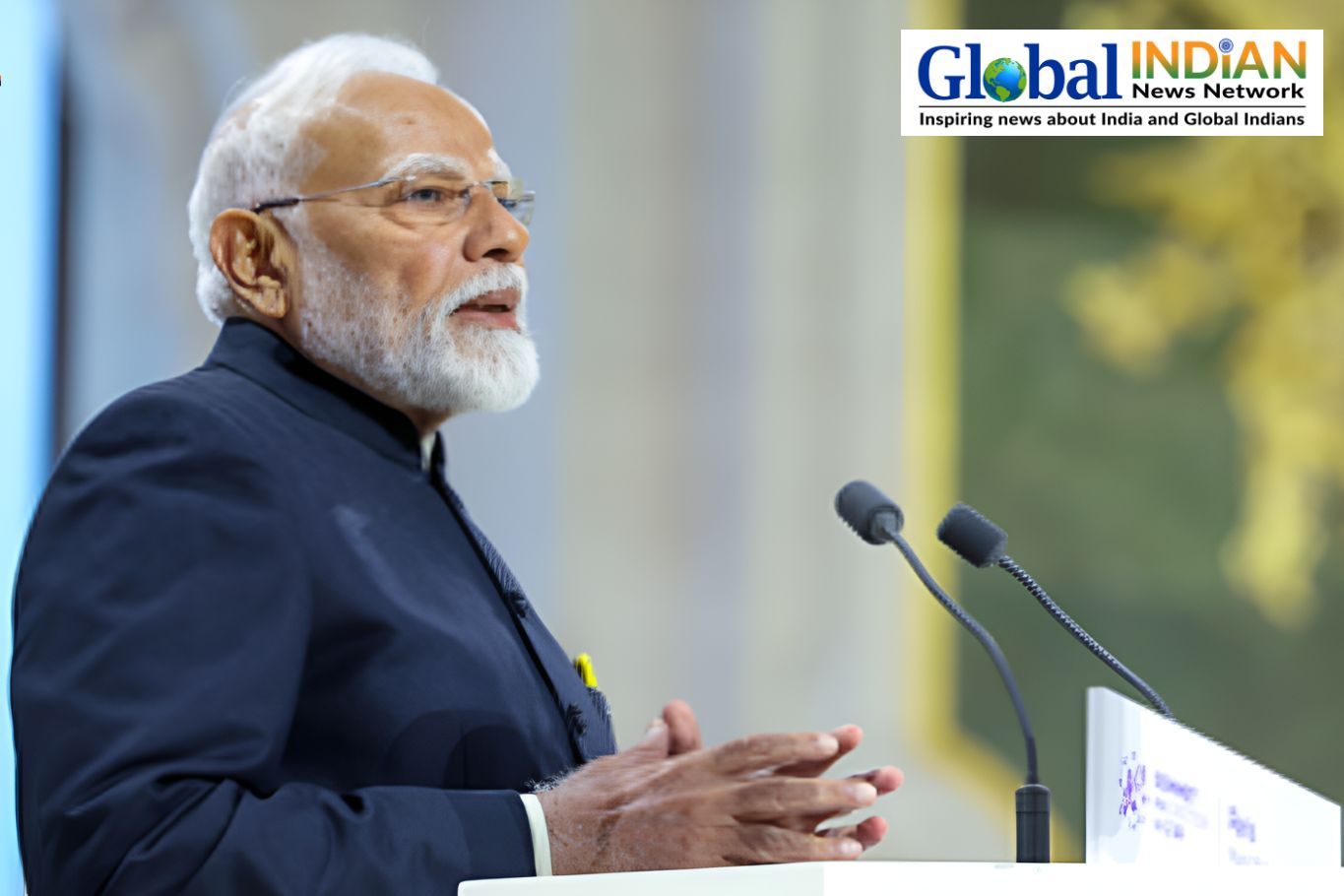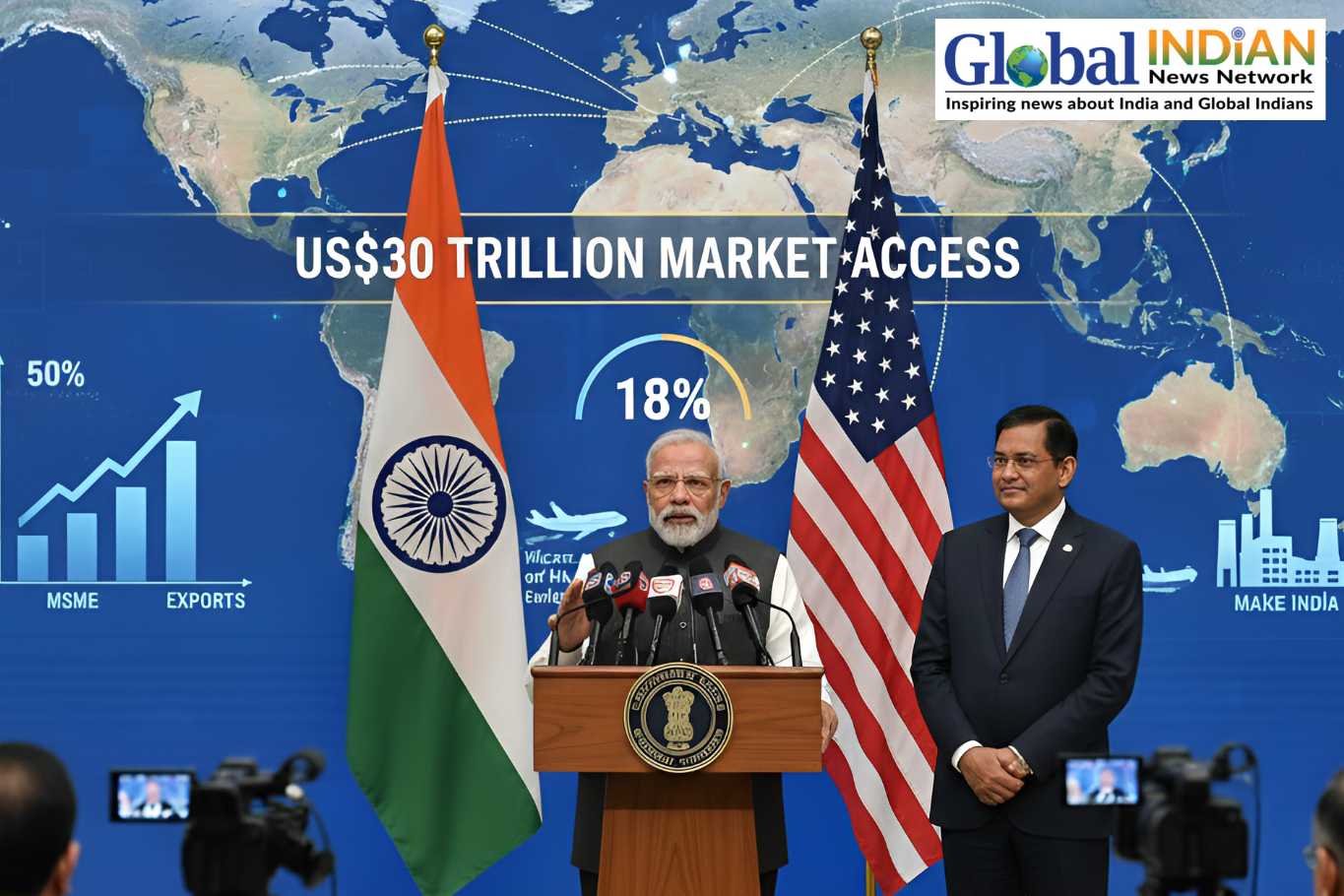
The Marine Products Export Development Authority (MPEDA) has underscored the transformative impact of the Union Budget 2024-25 on India’s marine sector. The new budget introduces several key reforms aimed at revitalizing aquaculture and boosting seafood exports. Notable changes include the rationalization of customs duties and the enhancement of financing facilities. Specific measures involve exemptions from customs duties on essential feed inputs like mineral and vitamin pre-mixes, krill meal, fish lipid oil, and algal oil. Import duties on Artemia and Artemia cysts, crucial for aqua hatcheries, have also been removed. Additionally, the Basic Customs Duty (BCD) on inputs for aquafarms and hatcheries, such as Vannamei and black tiger broodstock, polychaete worms, and fish/shrimp feed, has been reduced to 5%. The import duty on insect meal and single-cell protein is similarly set at 5%. These changes are anticipated to significantly enhance the competitiveness of India’s aquaculture and seafood export industries.
Moreover, the government plans to offer substantial financial backing for the establishment of Nucleus Breeding Centres (NBCs) for shrimp broodstocks. This initiative is expected to save the industry up to US$ 17.9 million (Rs. 150 crore) annually by reducing dependence on imported broodstock. Hatchery operators will benefit from a 50% reduction in broodstock costs, and approximately one lakh farmers will see a 30% decrease in shrimp seed costs. The National Bank for Agriculture and Rural Development (NABARD) will support shrimp farming, processing, and export projects by covering 80% of project costs and offering an interest subvention of up to 3%. Furthermore, 639 export processing units will gain improved access to infrastructure development funds. MPEDA Chairman Mr. DV Swamy noted that these measures will help lower production costs, enhance product quality, and boost the global competitiveness of Indian marine products. This comes as the sector, which achieved seafood exports worth over US$ 7.16 billion (Rs. 60,000 crore) last financial year, continues to grow.









